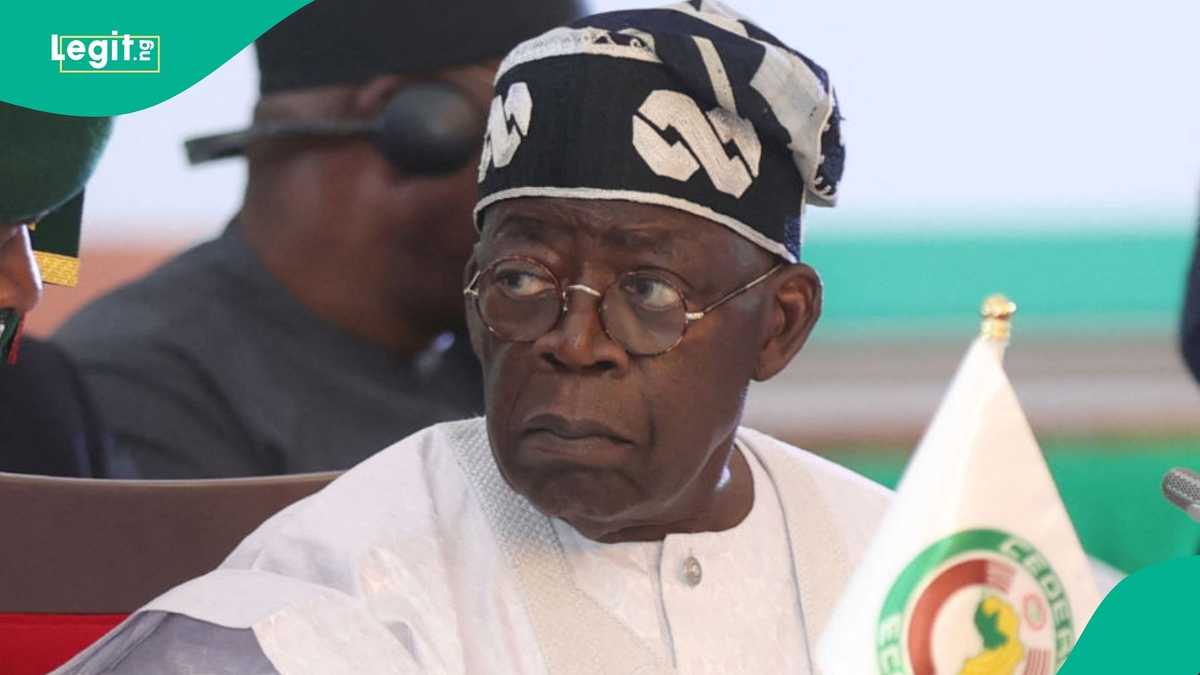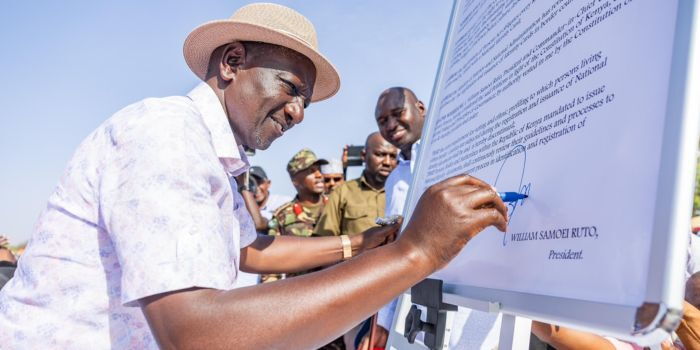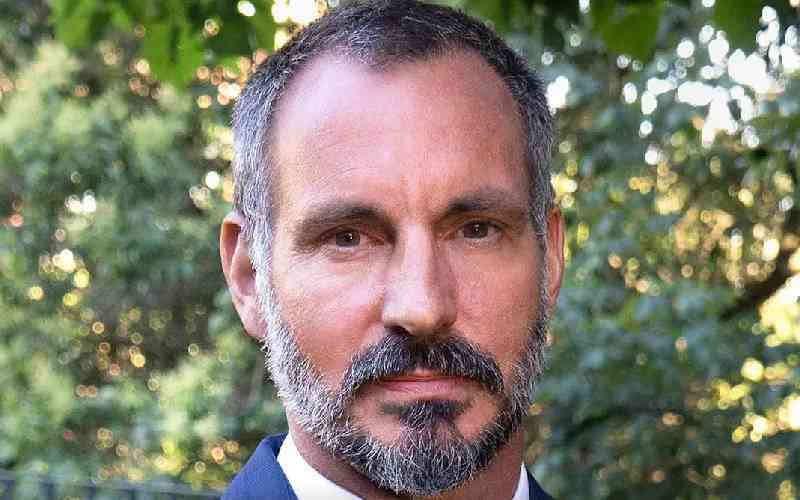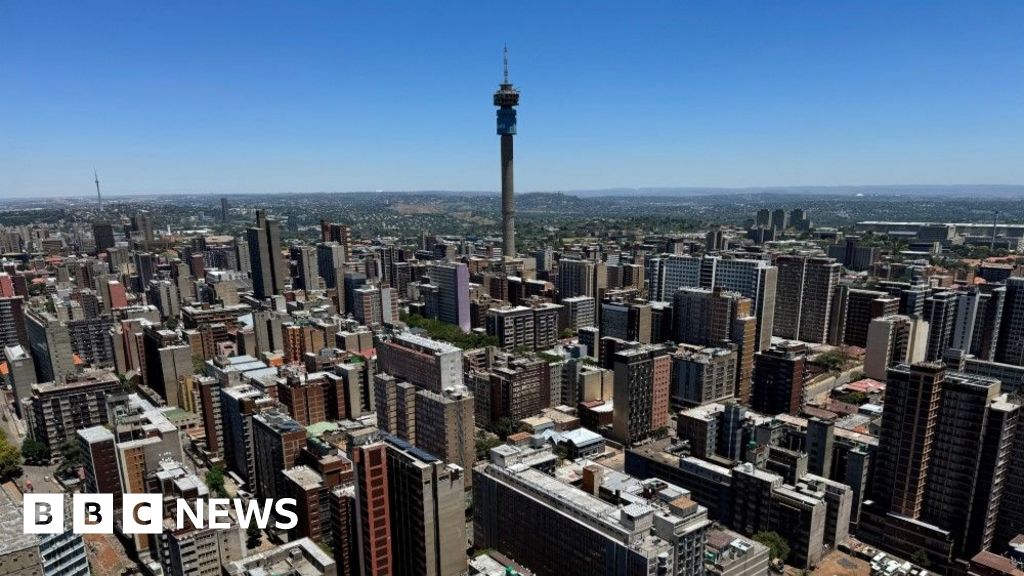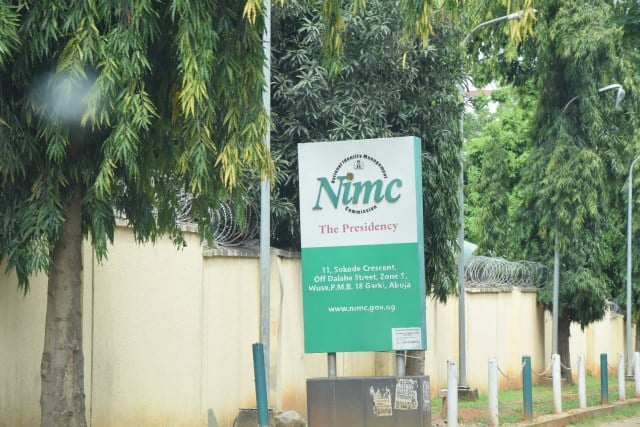DRC & Zambia Push for Bigger Profits in Copper Trading

The Democratic Republic of Congo (DRC) and Zambia, Africa’s top copper producers, are taking strategic steps to gain greater control over copper trading, aiming to maximise revenues from the soaring demand driven by artificial intelligence (AI) advancements, electric vehicles, and green energy transition. Historically, global trading firms like Glencore have dominated the sector, but both countries, which account for over 13% of global copper supply, are now seeking a larger share of the market.
Congo’s Gécamines Pushes for Greater Market Share
In the DRC, state-owned mining company Gécamines is finalising a deal with Glencore to secure 51,000 metric tonnes of copper from the Kamoto Copper Company (KCC), aligning with its 25% stake in the mine. Gécamines has already begun trading 100,000 tonnes of copper—equivalent to its 20% stake in Tenke Fungurume Mining—following an agreement with CMOC Group in July 2023. Additionally, the Congolese government is seeking greater control over metal sales in state-backed mining projects, including its 20% stake in Ivanhoe’s Kamoa-Kakula mine, which aims to produce 520,000–580,000 tonnes of copper in 2025.
Zambia and Mercuria’s $500 Million Copper Trading Venture
Meanwhile, Zambia is strengthening its position in copper trading through a joint venture with Swiss commodity trader Mercuria, established in December 2024. The partnership is actively negotiating with local producers, backed by an initial $500 million investment, with further credit available as more metal enters the market. Zambia’s state-owned firm ZCCM-IH, which holds 10–20% stakes in Vedanta Resources, First Quantum Minerals, and Barrick Gold, plans to move beyond dividends and directly trade its share of physical copper.
Challenges and Opportunities in Africa’s Copper Market
As demand for copper surges globally, Africa’s leading producers are leveraging their resource wealth to maximise earnings and increase government control over trading operations. However, industry experts caution that state-led trading could introduce new challenges, including potential disputes over metal allocation and the risk of deterring private investment. With the Mining Indaba conference in Cape Town set to address these issues, global stakeholders will closely watch how Congo and Zambia navigate this evolving landscape.
As copper remains a critical metal for AI, electric vehicles, and sustainable energy, these moves could reshape Africa’s role in the global supply chain, offering new economic opportunities while challenging longstanding industry dynamics.
![]()
Originally from South Africa’s Eastern Cape, I live and love Scotland, Imperial College London graduated with a degree in Renewable Energy Engineering. Passionate about how Africa will lead in sustainable energy and dreaming about ways we can create a greener future for the next generations.
